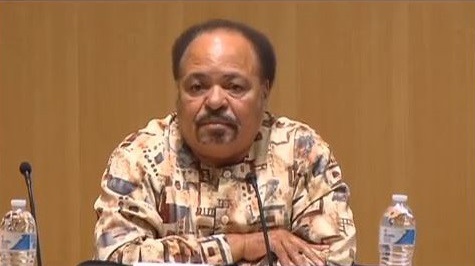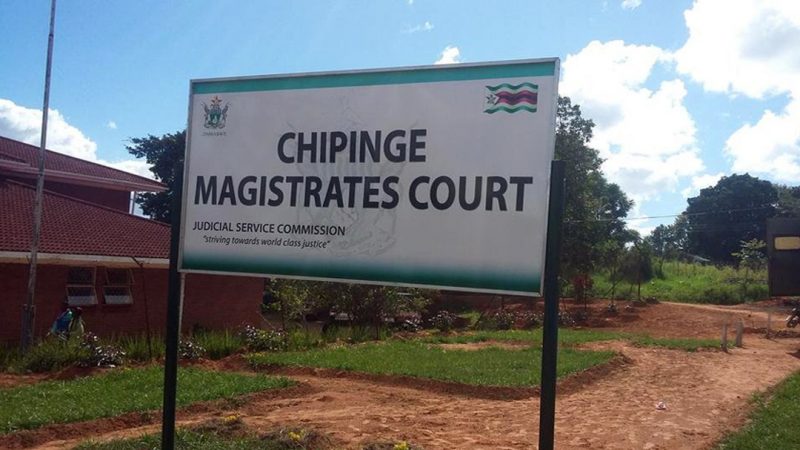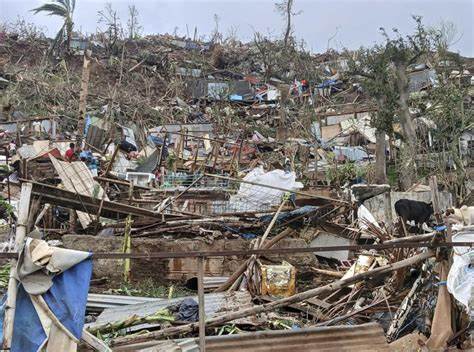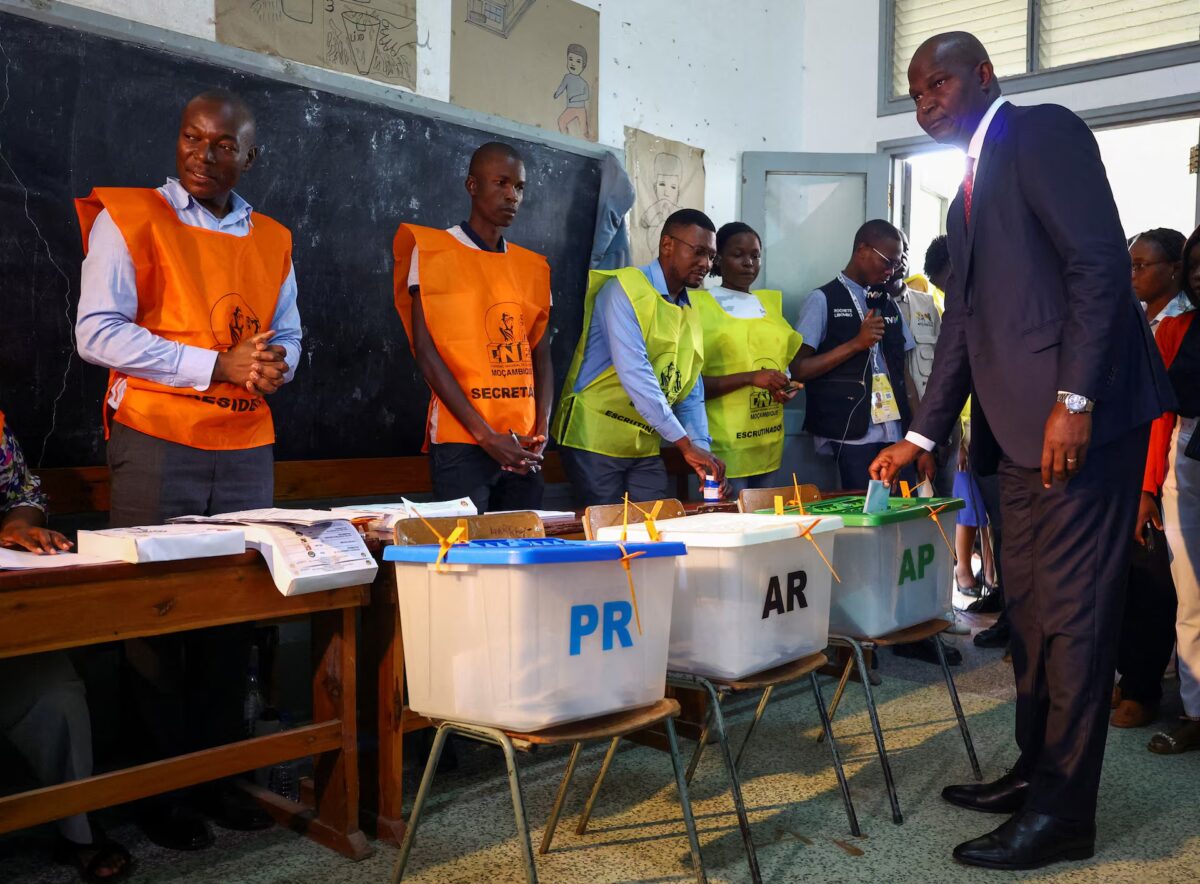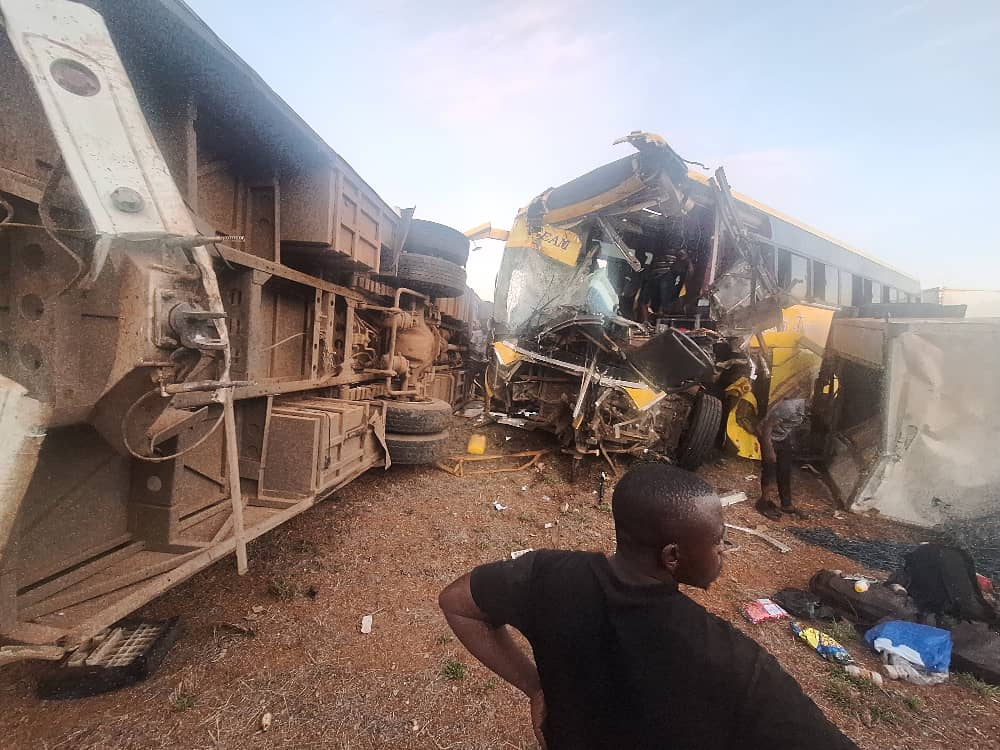HARARE – Renowned publisher and political analyst Ibbo Mandaza says the recent assumption of the SADC Troika chairmanship by Zambian leader and Zimbabwe opposition ally Hakainde Hichilema will not result in any major shift in how the regional body has played its hand on Zimbabwe’s disputed elections.
Zimbabwe heads for high stakes elections later this year with hopes of any poll based reforms long demanded by the opposition fading by the day.
The Zanu PF led administration, according to opponents, has instead been cherry-picking and rehabilitating laws that favour the ruling party’s ambitions to retain power.
In the wake of disputed polls marred by violence, Zimbabweans have often looked up to SADC to use its own statutes to police its delinquent member country.
Article 4 of the 1992 Windhoek Treaty states that “human rights, democracy, and the rule of law” are principles that guide the actions of its members.
Similarly, Article 5 commits member states to “consolidate, defend, and maintain democracy, peace, security, and stability” in the region.
Last weekend, regional leaders convened in Windhoek, Namibia, for the SADC extraordinary Troika Summit, which addresses regional security crises.
The crises in Mozambique and the Kingdom of Eswatini were on the agenda, but Zimbabwe’s electoral agenda was not.
Hichilema, who spent many years in opposition politics, stepped in for the first time since becoming Zambian leader, to assume chairmanship of the revolving post of SADC’s Organ on Politics, Defence, and Security Cooperation.
This fueled renewed optimism among some Zimbabweans that SADC could change its softly approach towards Zimbabwe and revisit the implementation of electoral reforms recommended by local and international bodies in the post-2018 election period.
In an interview, Mandaza said the coming in of the Zambian leader will not result in any shift from SADC’s lukewarm policy towards the cycle Zimbabwe’s contested elections.
He said SADC is “historically and politically constrained from playing the kind of role especially that of an interventionist kind in the affairs of a fellow member state that is expected of it”.
“It is essentially an interstate organization, and therefore statist in orientation, almost impervious to and unable to deal with crises,” he said.
“Therefore, it’s unlikely that Hakainde Hichilema will dare act beyond the usual that has been expected of a member of SADC ever since its inception in April 1980. It would be good if he surprised us though.”

